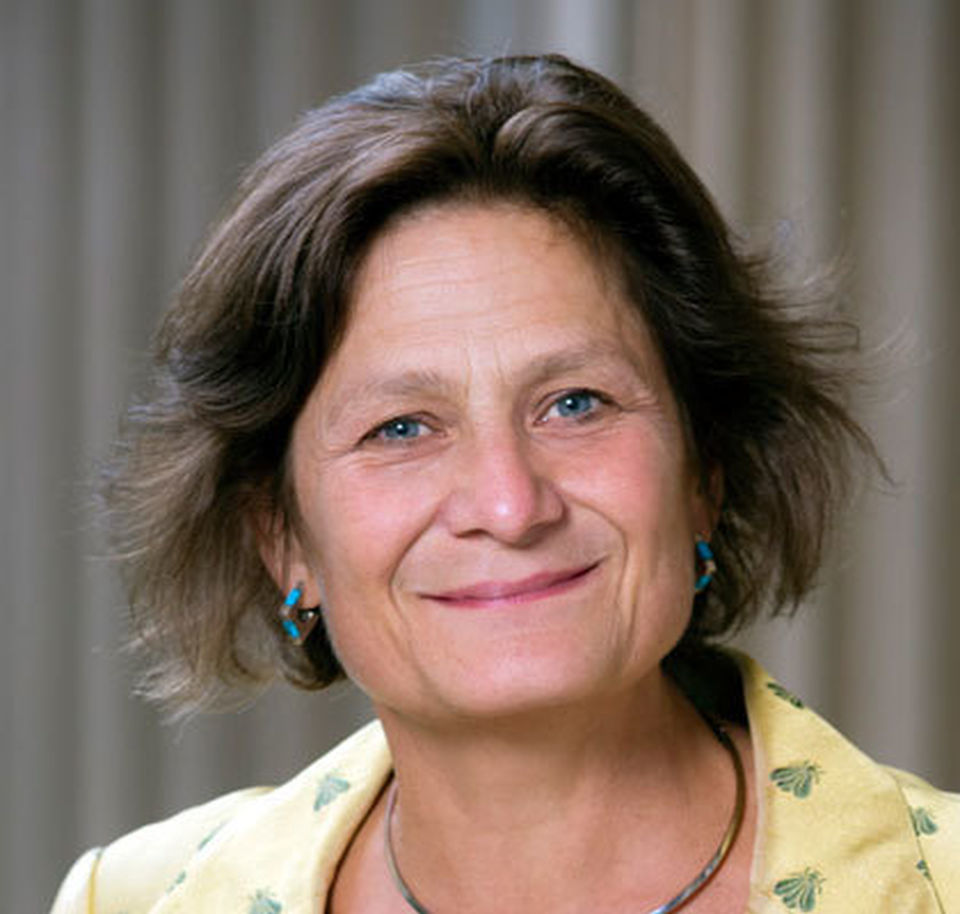As lockdown restrictions lift, so too might some of the pressures that frontline charity workers and volunteers have been enduring. However, the effects of supporting others through traumatic and challenging experiences can be felt for many months and, let’s face it, our recovery from lockdown could still be a long bumpy road.
Compassion fatigue is a form of burnout, driven by secondary trauma and stress. While those who experience it are not necessarily dealing with trauma directly, they may be seeing it day in, day out. But just because it’s part of the job, it doesn’t mean we harden to it.
Often affecting workers and volunteers in caring positions, compassion fatigue can cause exhaustion, anxiety, difficulty concentrating and apathy. If left untreated, it can very possibly lead to a mental health problem such as an anxiety disorder, depression or even Post Traumatic Stress Disorder (PTSD). So, it’s important to ensure that those at risk of such burnout are able to access support and can take time to reflect.
I volunteered within the refugee community in Samos last Autumn. It was part of my work with Indigo Volunteers, a charity that connects independent volunteers with grassroots partner charities working along the European refugee route. I came across the charity in Spring last year, when they were looking for volunteers to provide psycho- social support for volunteers on the ground.
This was during the first lockdown when many of the volunteers who were out in the field were not able to provide their usual support due to community centres and services being closed and the camps maintaining tough lockdown restrictions. For example, the laundry facilities for the entire camp were closed and only reopened just before I left for individuals who had been medically referred with skin conditions such as lice and scabies.
In Samos, there are over 4,000 refugees in the camp and, prior to my visit, I was advised that Covid- 19 cases were on the rise, hence the strict quarantine and self-isolation measures that I had to adhere to on arrival.
As we all know, volunteers are very passionate about what they do, so imagine if you’re out there trying to make a difference but, due to restrictions, feel unable to help? Another frustration that I am very aware of from my own experience is you simply cannot help everyone. You never feel as though you have done enough – and this has only been amplified during the pandemic.
For charity workers and volunteers to continue helping others effectively, they need to proactively manage their own positive wellbeing – and that’s where the need for psycho-social support such as coaching, other talking therapies and workshops, which provide psychoeducation, comes in.
It’s really important that we take a moment to pause and reflect, to take a breath and allow ourselves time to support one another after such a difficult period. Just because the volume of work decreases (if indeed it does) it doesn’t mean the impact on us will be any less if we don’t take time out for self-care.
If we can stop to consider how we are feeling and what our purpose is, it allows us to proactively manage our own mental health, which ultimately empowers us to support others more effectively. Now, more than ever, charity workers need that opportunity.
Ruth Cooper-Dickinson is a trauma-informed coach and the founder of Champs for Change ■
Latest News
-
Tributes paid to 'tenacious campaigner' who co-founded Terrence Higgins Trust
-
Man who set up fake animal charity jailed for five years
-
X-odus sparks video content boom among charities, report finds
-
Charity handed £25m endowment from autistic philanthropist to help others on the spectrum
-
Civil Society Covenant blighted by delays and U-turns, report warns
-
More than 30 jobs at risk as hospice charity looks to close home care service
Charity Times video Q&A: In conversation with Hilda Hayo, CEO of Dementia UK
Charity Times editor, Lauren Weymouth, is joined by Dementia UK CEO, Hilda Hayo to discuss why the charity receives such high workplace satisfaction results, what a positive working culture looks like and the importance of lived experience among staff. The pair talk about challenges facing the charity, the impact felt by the pandemic and how it's striving to overcome obstacles and continue to be a highly impactful organisation for anybody affected by dementia.
Charity Times Awards 2023
Mitigating risk and reducing claims

The cost-of-living crisis is impacting charities in a number of ways, including the risks they take. Endsleigh Insurance’s* senior risk management consultant Scott Crichton joins Charity Times to discuss the ramifications of prioritising certain types of risk over others, the financial implications risk can have if not managed properly, and tips for charities to help manage those risks.
* Coming soon… Howden, the new name for Endsleigh.
* Coming soon… Howden, the new name for Endsleigh.
Better Society

© 2021 Perspective Publishing Privacy & Cookies














Recent Stories